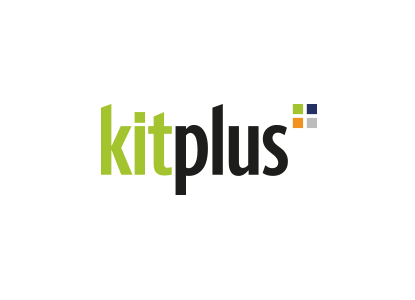Am I a good or bad risk? And how much do Insurers really make?
In this edition I will be given you a peek behind the underwriter's desk and an insight into how they go about making their money.
I think that it is fair to say that all of us feel a little bit aggrieved paying out premiums, particularly those of us who don't make claims.
It is certainly true that Insurers are becoming savvier at risk profiling you. So for instance, if you typed "Cheap motor insurance\" in your search engine, the chances are that you will be classed as higher risk. If you typed 5,000 miles as your estimated mileage, and then changed it to 2,000 to keep the premiums down, then insurers' cookies will pick this up and you could potentially be classed as dishonest.
Insurers know, for example, that there is a direct correlation between low credit scores and people filing multiple insurance claims. Evidence shows that people who are conscious savers, married with children, are more likely to take better care of their possessions, alarm their home properly and be safer drivers. Interestingly, an individual's characteristics are often adopted into their business lives, so don't be surprised when Insurers run credit checks and cross reference Managers/ Directors of Companies with their home, car and life Insurance data.
So how does an Underwriter go about his daily Business?
Well, any insurer who wants to start the Business of accepting Risk has to raise Capital. As most businesses, they will have financing costs, overheads such as wages, rent, rates, utilities, and they will have to keep minimum amount in the bank (a legal requirement). For every £1,000 of Capital raised, the underwriter will have approximately £160 of overheads and he will now be ready to underwrite risks. In Commercial Insurance, insurers generally do business through an agency or broker and will pay them between 15% and 30% commission. And to give the underwriter protection for unforeseen larges claims (or a series of claims) they will buy what is called Reinsurance. At this stage, the underwriter has already spent anything between £350 and £450 from their original £1,000 Capital. The money left therefore, will be to pay claims and hopefully to make a profit.
To make a profit the underwriter will need to choose his risks very carefully. He will make a risk assessment based upon the Policyholder's own claims history, and the strength of the Proposer's Risk Management. He will factor in the trend of his existing portfolio, take into account his own personal experience and then make a forecast. He will also have to take a view on future inflation on repair costs, future changes in law, and future level of injury awards. Weather is responsible for 25% of property claims, and Insurers have sophisticated risk-mapping tools for a potential major incident such as Flooding and Hurricane. When managing claims, insurers also need to pay for a network of suppliers, lawyers, and loss adjusters.
The underwriter will then make a calculation of the more predictable losses and then for the "known unknowns\" i.e. large unexpected losses.
Once a premium is agreed the underwriter will issue a Policy and collect the premium. There is usually a time gap between receipt of premium and payment of claim, so Insurers have time to invest the premiums and hope for an investment return.
How much claims do Insurers pay out?
You can see that it's not easy to make money if you are an underwriter. In fact Motor Insurers have not made any money for 20 Years, and Liability Insurers have only made money once in 13 years. Also around 4% of claims paid out are down to fraudulent claims and overall insurers pay out each year approximately 96p in claims and expenses for every £1 of premium collected.
Do and should we care if insurers make money?
Insurers play a key part in society and our economy, and we need them. They provide many supportive services and financial help in times of need. They work to reduce risk across all industries, lobby and contribute to important issues such as climate change and changes in Law. They remain a critical vehicle for UK savings and pensions, and manage a pool of assets whose value is equivalent to the UK's annual GDP. Additionally, the UK insurance industry employs over 340,000 people.
Many will continue to shop around for lower premiums and this is a natural phenomena. However, falling premiums cannot continue forever and at some stage the pendulum will swing. When it does, companies will need to be prepared. They will need to illustrate a culture of willingness to invest in Risk Management, and evidence how they are going to reduce risk in order to minimise future premium spend.
Sutton Winson is a specialist Insurance Broker in the Broadcast & Media industry and is able to help you manage your business risks. To discuss your insurance requirements, please contact Leighton Chenery on Leighton.chenery@swib.co.uk, call 07976327407 or visit www.suttonwinson.com



















